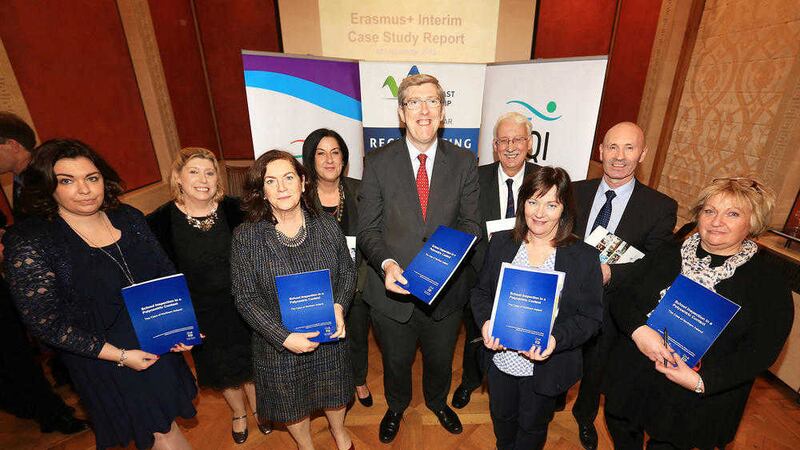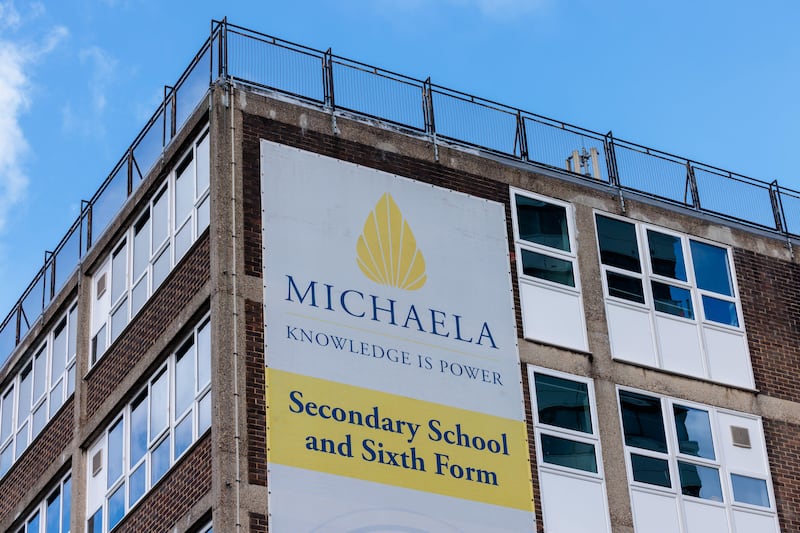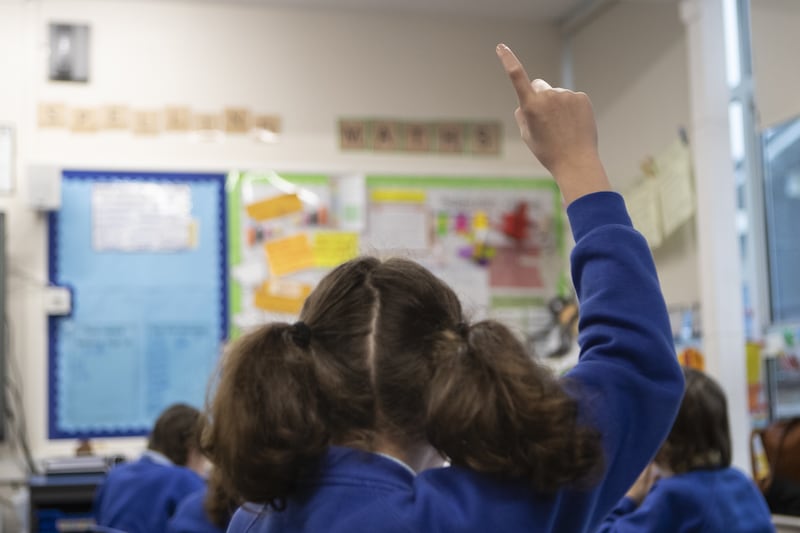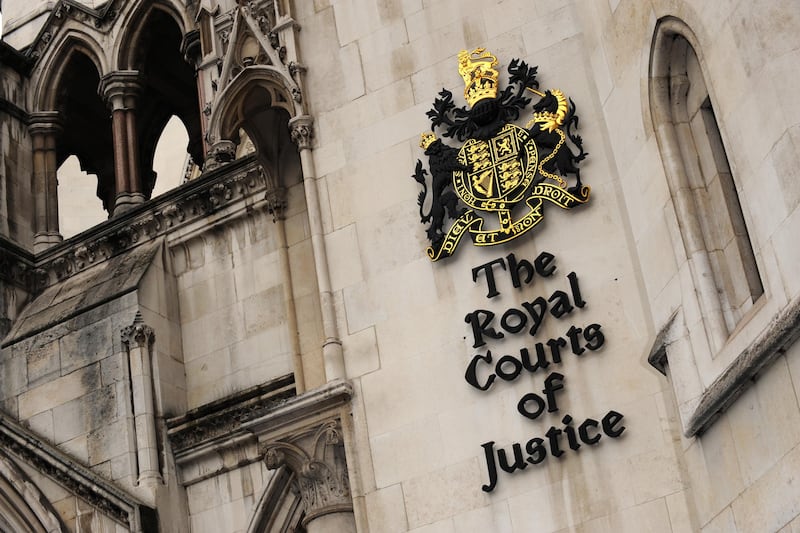An education network of nursery, primary and secondary schools and community organisations is helping children in west Belfast to flourish, a report has found.
A major research project evaluated the impact of school networking linked to area based or `polycentric' inspection across Europe. School Inspection in a Polycentric Context - The case of Northern Ireland, strongly endorsed area based inspection in west Belfast.
A key element of the research focused on the work of the West Belfast Partnership Board (WBPB) in bringing together schools, community and other education services into an active network supported by the Education and Training Inspectorate.
In 2009, the inspectorate carried out an area inspection in west Belfast with key recommendations on strategic planning, learning and transition arrangements.
WBPB recognised that local response to the recommendations had to be a collective, inclusive partnership approach to raising education attainment levels.
The board has facilitated bringing together the educational community across the area and the research report indicated that this had achieved progress.
The report concluded that networks of educational organisations and institutions, guided and advised by the inspectorate, could achieve improvement across a range of areas "which is impossible to envisage any single organisation acting alone being capable of".
Networking, it found, had brought about increased cooperation between agencies, continuous professional development for teachers, curriculum planning and sharing and inter-agency cooperation transcending traditional boundaries.
Moreover, the report suggested that networking of this type closely linked to area based inspection could contribute significantly to enhanced educational outcomes for all.
WBPB identifies education as a top priority to be addressed to improve the life chances of children, young people and their families and develop sustainable social and economic neighbourhood regeneration and renewal.
Since 2013, the percentage of pupils entitled to free school meals achieving five or more GCSEs at grade A*-C has risen by 12.2 per cent, and risen 14.3 per cent when Maths and English are included. The board says this is largely due to schools and community working together in partnership.
WBPB education programme manager Angela Mervyn said robust networks with a focus on children made an impact.
"We welcome this research as it illustrates the effectiveness of communities, schools, children, parents and carers and statutory bodies working together to make a real difference to children's education. Underpinning this process has been the support of the Department of Education who have provided the resources to promote school and communities working together," she said.
Geraldine McAteer, WBPB chief executive, added: "West Belfast Partnership believes in the fundamental need to put education at the heart of regeneration - a sound education, good training and skills development contribute to the personal development of young people, to their confidence, their sense of fulfilment and personal growth, and to achieving their aspirations and goals in life.
"But significantly, by acquiring the skills and competencies that modern businesses need, young people will help drive the economy and also local economic and social regeneration."








